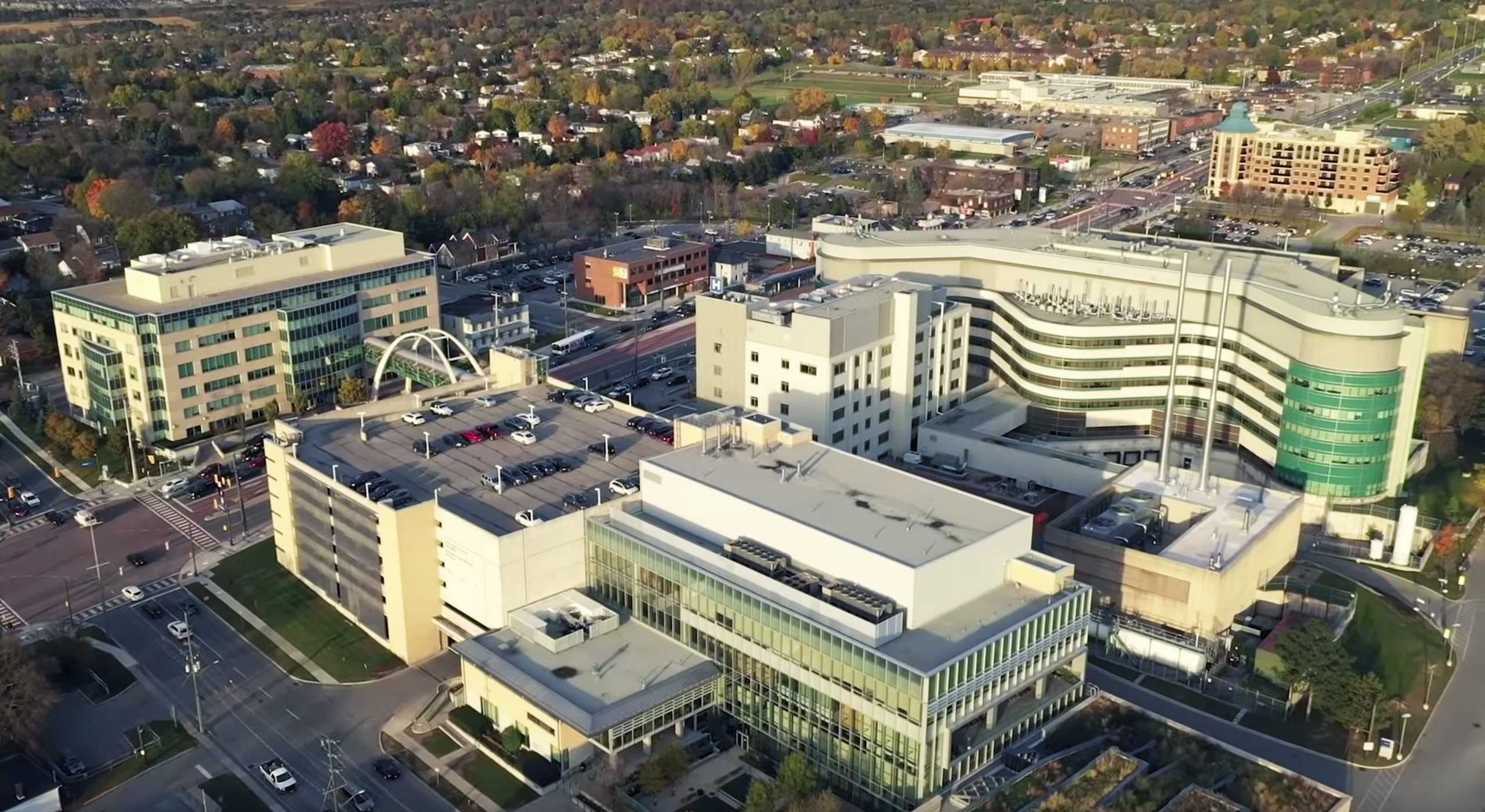Infection Prevention and Control consists of evidence-based practices used to prevent or reduce the risk of spreading Healthcare Associated Infections (HAIs) to patients, workers and visitors. Prevention is important since HAIs can prolong your hospital stay and lead to additional illnesses.
How do healthcare associated infections happen?
Everyone has germs. The risk of infection is always present since germs are everywhere. Most of these infections are caused by a patient’s own germs (resident germs) that can make you sick when your immune system is already weakened. You also pick up germs from contact with other people and contaminated objects. These germs are called transient germs. There are a number of ways to prevent the spread of germs including cleaning your hands, self-screening for signs and symptoms of illness and admission swabbing.
Hand Hygiene:
Hand hygiene is the single most important method to prevent the spread of germs.
- Wash hands before and after eating, after using the toilet, after blowing your nose, and when your hands become visibly soiled.
- Family and friends who visit you should also wash/disinfect hands before and after visiting you. Alcohol based hand rub dispensers are available throughout the hospital.
- Remind your health care provider to clean their hands before caring for you.
Self-Screening:
All individuals entering Southlake Regional Health Centre are requested to screen themselves for signs and symptoms of febrile, respiratory infections (fever and respiratory symptoms) before entering the hospital. This allows us to help prevent the spread of infections to our patients and staff.
If visitors have cold or flu like symptoms (fever and respiratory symptoms) or symptoms of a gastric illness (fever, diarrhea, vomiting) they should avoid coming to the hospital until they are better.
Admission swabbing:
Upon admission, your healthcare provider will gently obtain a swab from your rectum and from both nostrils using a separate cotton swab for a sample of germs in those areas.
What happens if germs are found on swab?
If germs are found on the swab, it does not necessarily mean you are sick (infected) with this germ. You may not feel any different but special precautions will be taken to prevent the spread of the germ to other patients, as the germ can be harmful to patients who are already very sick.
Your health care provider or an Infection Control Practitioner (ICP) will explain the special precautions you and your family must follow while you are a patient in the hospital.
If you have a known infection or a previous infection for which you have been on special precautions, please report it to your nurse.
If you are placed on special precautions, ask everyone who comes in to follow proper requirements for your precautions.
Feel free to ask your nurse to call the ICP if you or your family has more questions or concerns.
Our commitment to you
At Southlake Regional Health Centre, we are committed to providing a safe care environment for patients and the highest quality of care possible.
All of our people, including staff, physicians, and volunteers, follow the Infection Prevention and Control Guidelines, which include:
- Performing Hand Hygiene at the 4 Moments in time,
- Proper use of gloves, gowns, masks, and other protective equipment
- Cleaning of patient shared equipment and
- Proper handling and disposal of sharps (needles).
All staff must follow the requirements for transmission based precautions for a patient who have been placed on special precautions.
Resources
- What is CDI (C. difficile infection)?
- What is VRE (Vancomycin Resistant Enterococcus)?
- What is MRSA (Methicillin Resistant Staphylococcus Aureus)?
- What is ESBL (Extended Spectrum Beta-Lactamase Producer)?
- What is CPE (Carbapenemase-producing enterobacteriaceae)?
